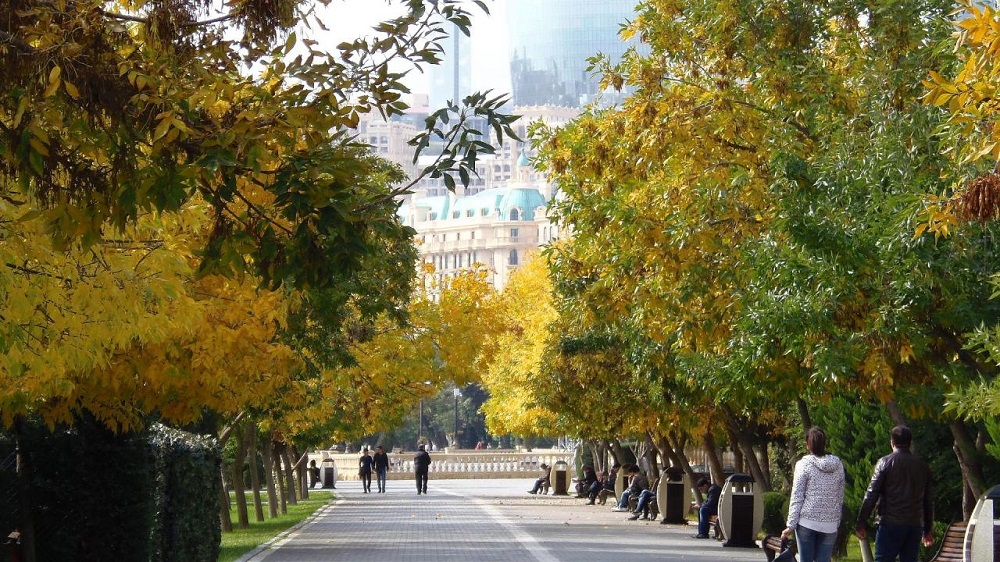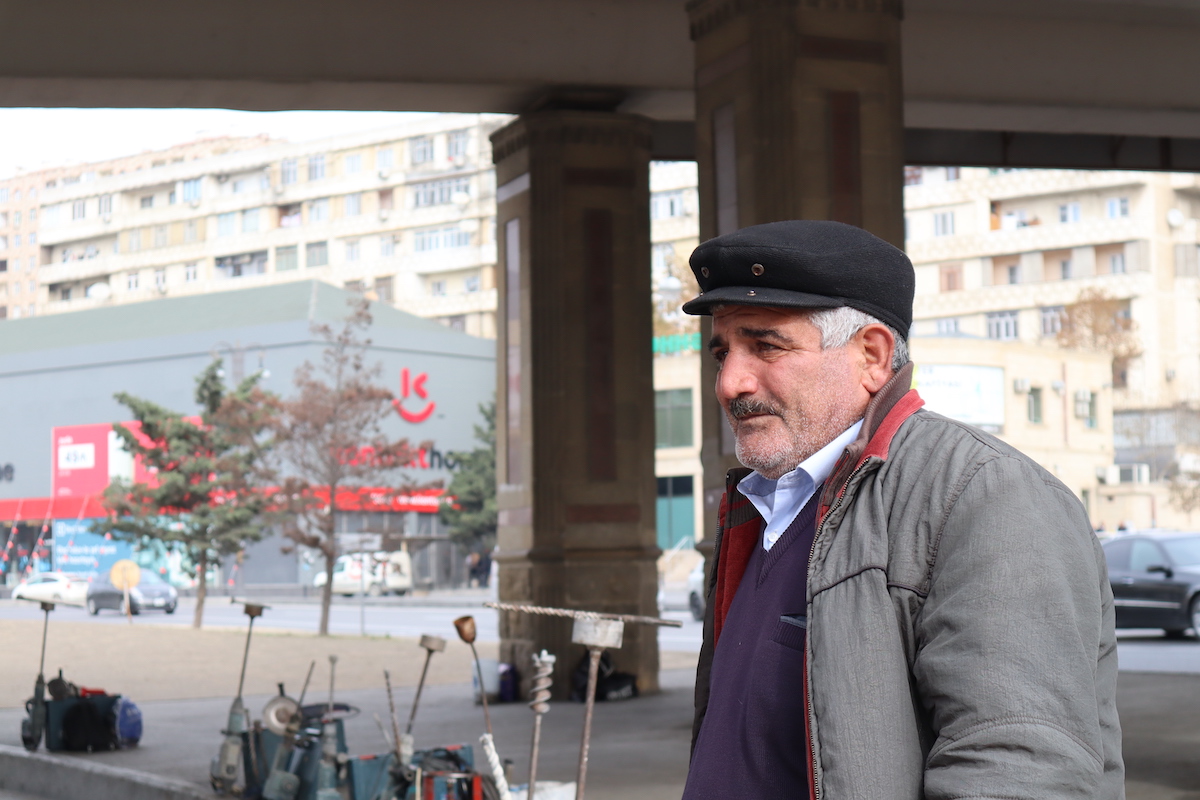Wages increase by 15% and prices by 30% in Azerbaijan. Expert's comment
Natiq Jafarli on transport problems
Less than a month after the increase in the minimum wage and pensions in Azerbaijan, the price of travel on almost all types of urban and intercity transport increased. While wages went up 15%, inflation went up by 30%. The reason for the increase in fares is the fragmentation of the management of state-owned transport companies, and a failure to adquately calculate how much a trip costs, opposition politician and economist Natig Jafarli believes.
- “Unethical picture”: Saakashvili trial continues with his remote participation
- Deposits from foreigners and citizen loans increase in Armenian banks
- Azerbaijan and Iran on the warpath?
Starting February 3, 2023, the price of one trip on the Baku metro and city buses will be 0.4 manat [about $0.23]. Previously, the fare was 30 qepiks [about $0.18], a price increase of 30%. This decision was made by the Tariff Council on January 31.
And since January 1, the level of the minimum wage and pensions has increased in the country. The growth compared to last year’s figures was 15%, which, according to officials, corresponds to annual inflation in Azerbaijan.
Real inflation above 40%
The rise in public transport fares comes as no surprise, economist Natik Jafarli says, a leader of the opposition Republican Alternative Party:
“During the past year the heads of the Baku Metro and transport companies have repeatedly stated that the cost of travel per passenger is much higher than the fare and profit does not compensate for the expenses of companies. For this reason, price increases were expected.
As for the increase in the minimum wage and pensions, this was due to inflation. Last year, the country recorded the highest inflation since 2016. According to official figures, the overall annual inflation was 14%, and the increase in food prices was at the level of 20%. But these are official figures.
If we approach the issue according to international methodology, where inflation is calculated based on price changes for the thirty most frequently consumed products, then the real price increase in Azerbaijan in 2022 was over 40%.
Therefore, the authorities were forced to do so, and the legislation required that there be at least some indexation of wages. They took 15 as an average figure, and raised the minimum wage and pensions by 15 percent.
The rise in the minimum wage has mostly benefited employees in private companies. It is no secret that in such companies management, in order to reduce the cost of taxes and social benefits, formally set wages for employees at the minimum, even though they actually pay more. An increase in the minimum wage for such people means an increase in pension savings. While last year the minimum wage was 300 manats [about $176], now it is 345 manats [about $203]. This means that employees of these companies formally receive 350-360 manats [about $206-212] per month.
And individuals engaged in entrepreneurial activity have lost from the growth of the minimum wage. Their tax burden has increased. There are 800,000 such people in the country. While self-employed individuals in Baku used to pay 75 manats [about $44] per month to the social fund, now they pay 86.2 manats [about $51]. The main problem here is that no matter how much profit you have, you still have to pay exactly this amount every month.”
It is not clear how the cost is calculated
“As for transport, one must take into account a subtle detail,” Jafarli notes. He says that until now no state-owned transport company has ever explained the methodology for calculating the cost of trip per passenger:
“Let’s assume that they are telling the truth and that passenger transportation is unprofitable. But even in this case, according to classical theories of economics, the first step is to reduce costs, optimize them. We have never taken such measures. The high cost of production has always placed an additional burden on citizens.
The increase in fares of 10 qepiks was met with humor and satire by social media users. But if you think about it, the state is digging into the pocket of its citizens, and the additional payment per year will be 200 million manats [about $118 million] just because of this growth.
I repeat, until a method for calculating the cost of transporting passengers is settled on, all the arguments of state-owned companies are unacceptable.”
Causes and ways out of the impasse
The main reason for this situation is the fragmentation in management of transport companies in Baku and other large cities of Azerbaijan, Jafarli believes:
“If cities had elected bodies, authorized municipalities and they had the necessary functions, of course, there would be normal reporting. The transport situation in Baku should be the same as in Ankara, Istanbul and Tbilisi.”
Jafarli also discussed the issue of payment for public transport:
“Another problem we have is the one-time fare payment. There is no such system in any city in developed countries, even in our neighbors. Yes, if a tourist comes to Istanbul, he pays a one-time fee because he knows that he will leave the city in a couple of days. And locals buy weekly, monthly, even annual tickets, which significantly reduces their transport costs.
Not so in Azerbaijan. Both students and pensioners pay the same one-time amount for all travel on public transport, like other categories of citizens. There are no benefits to anyone.”





















